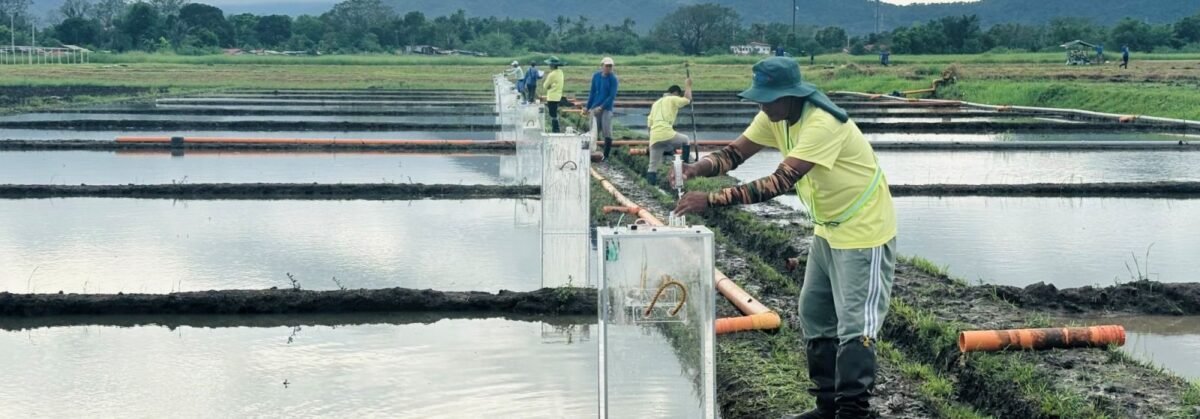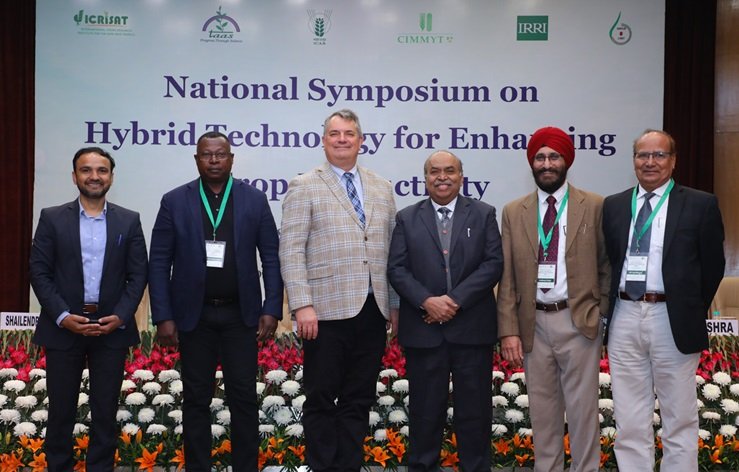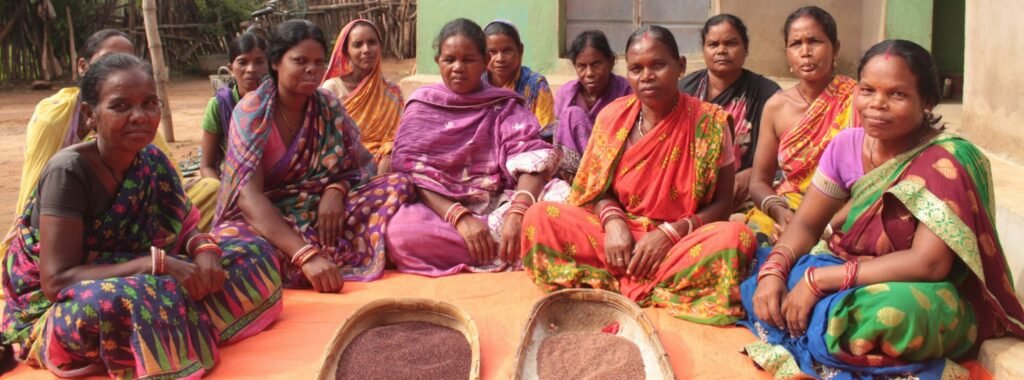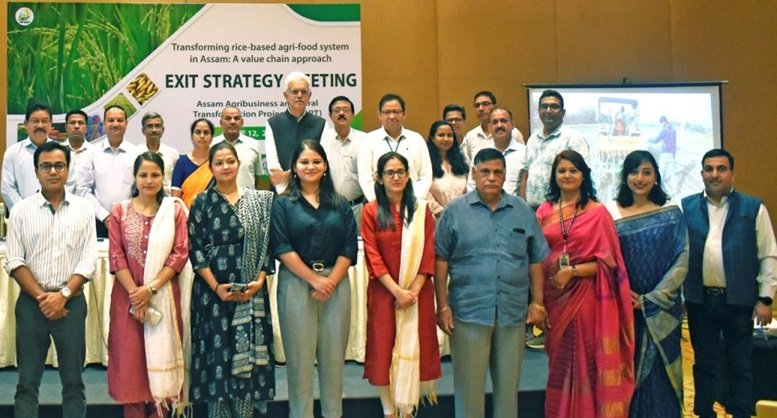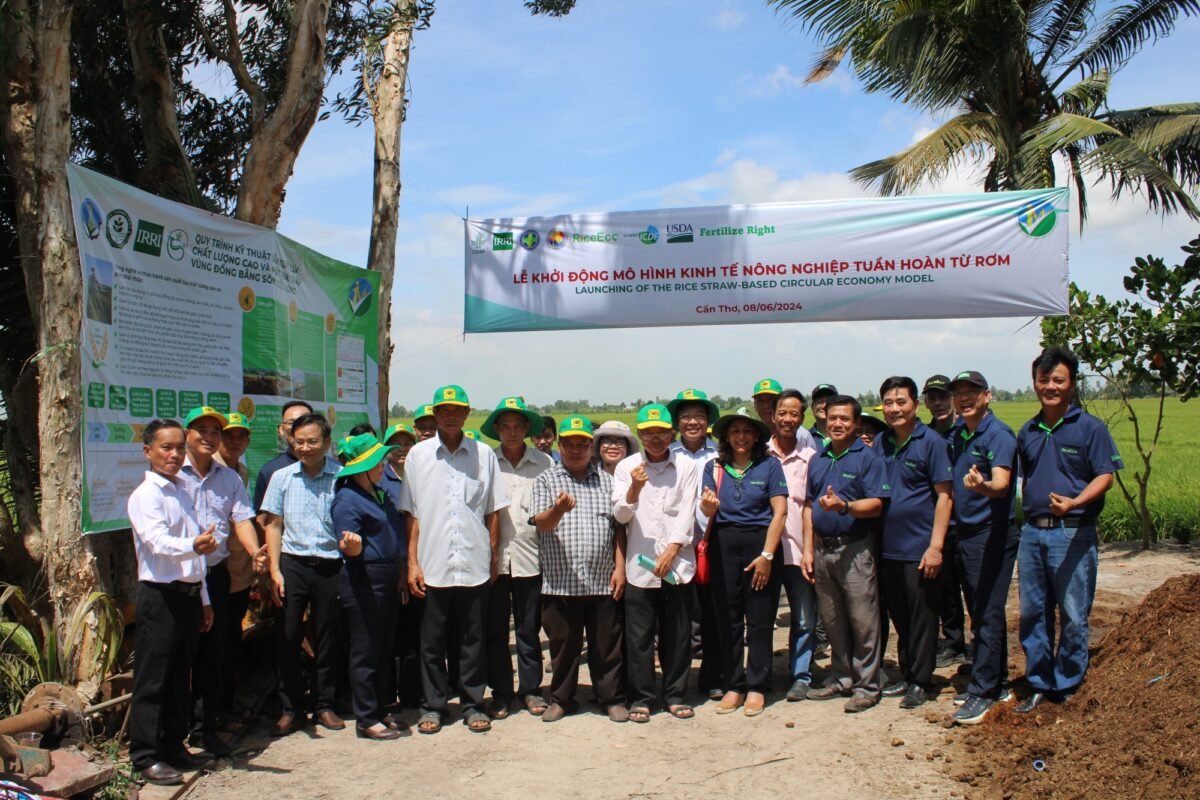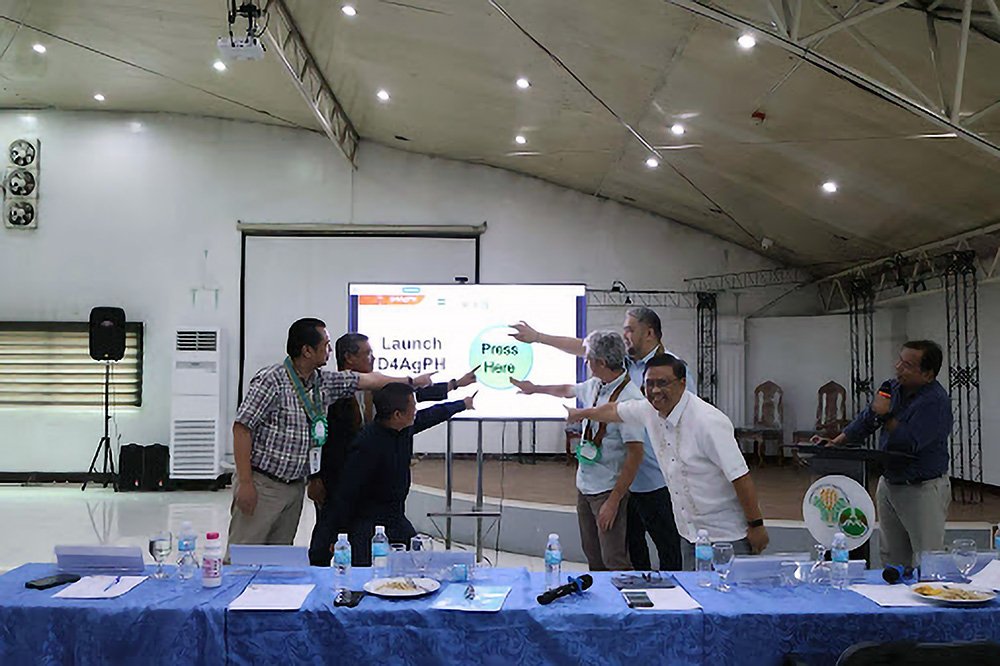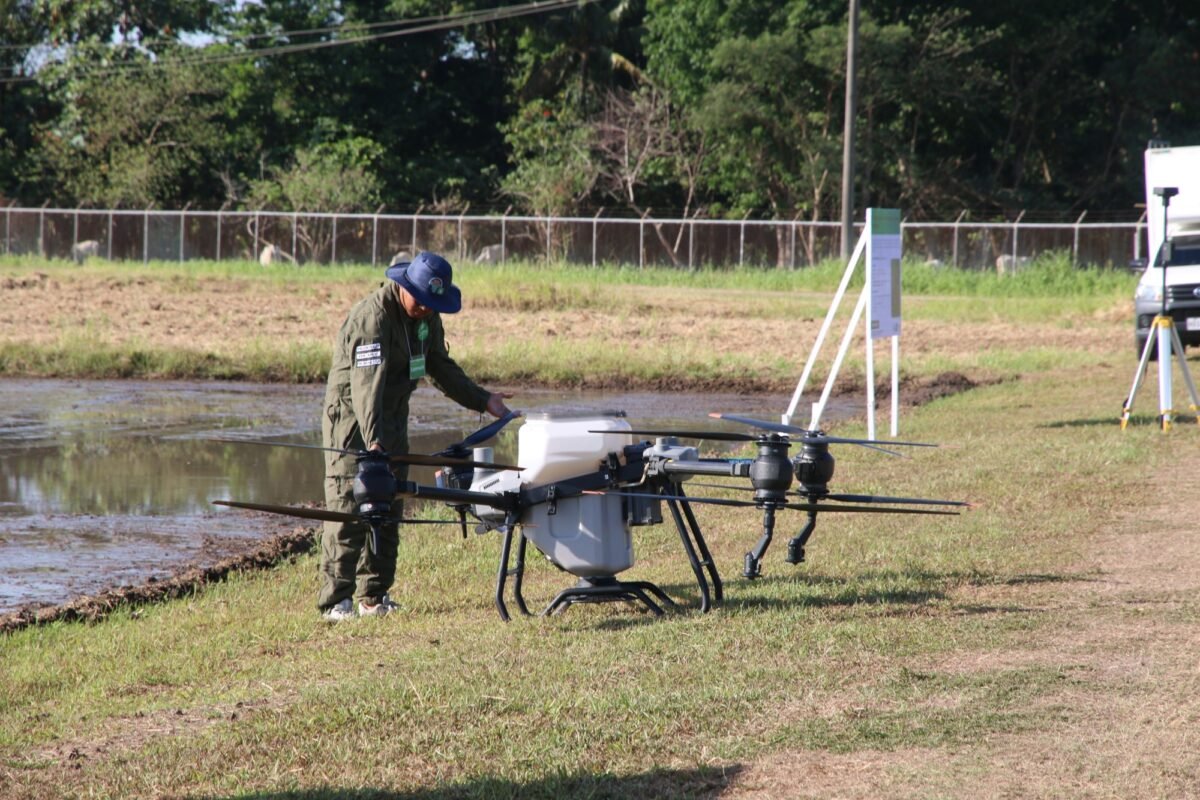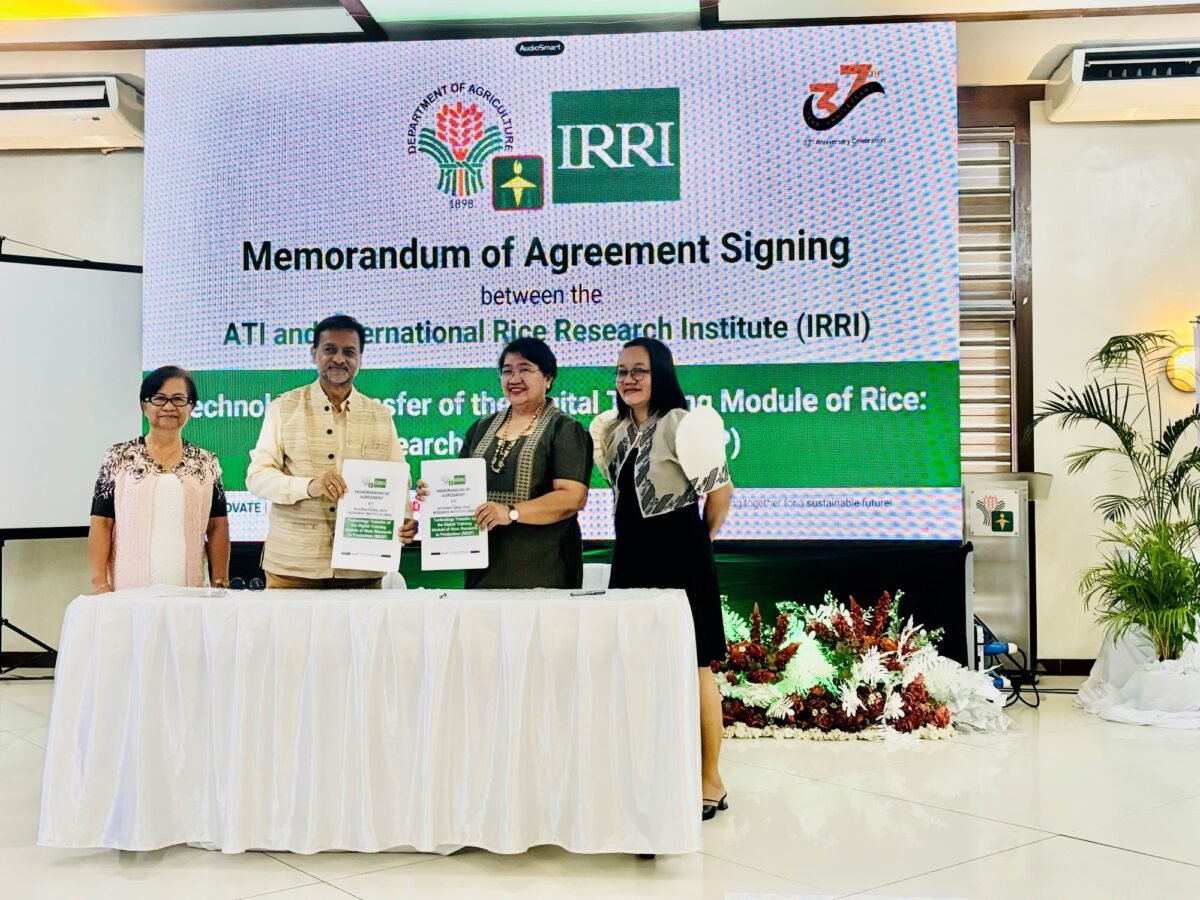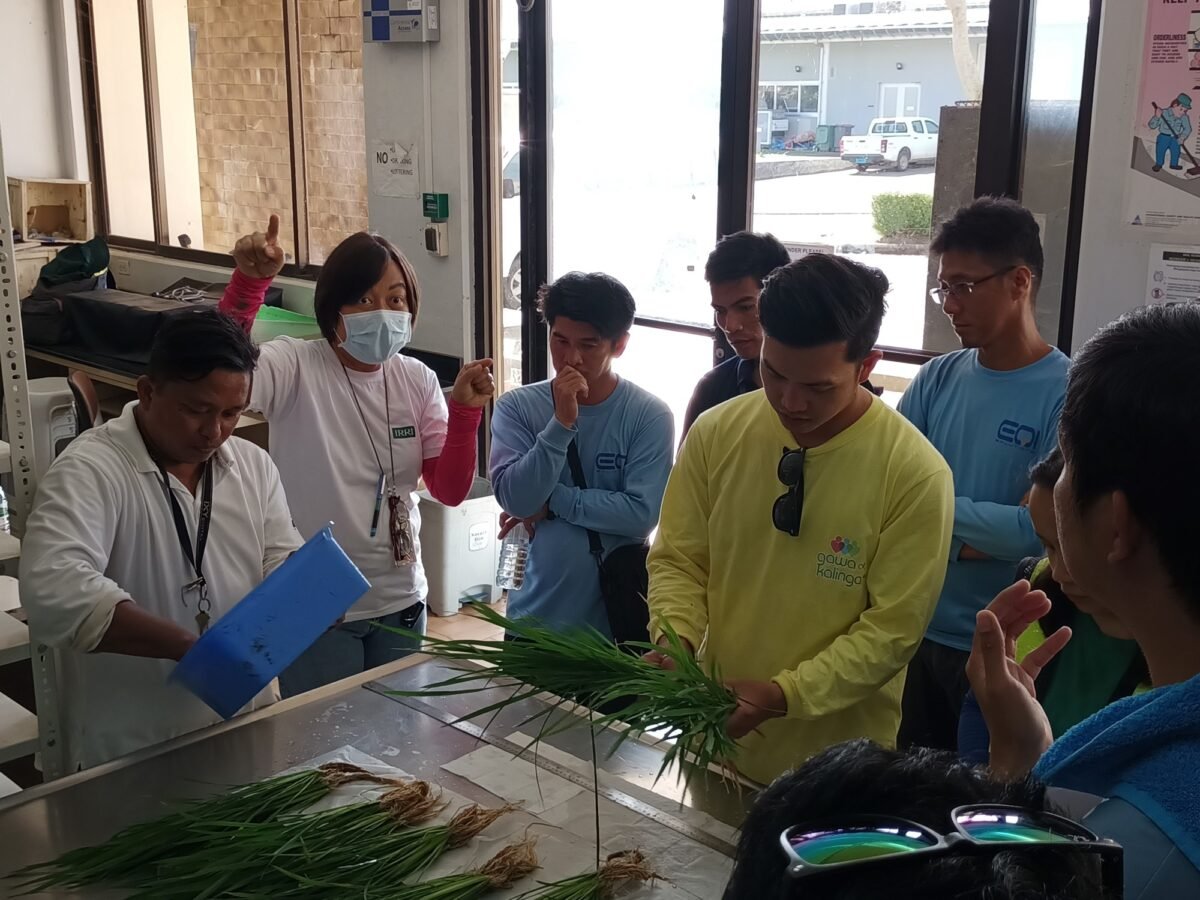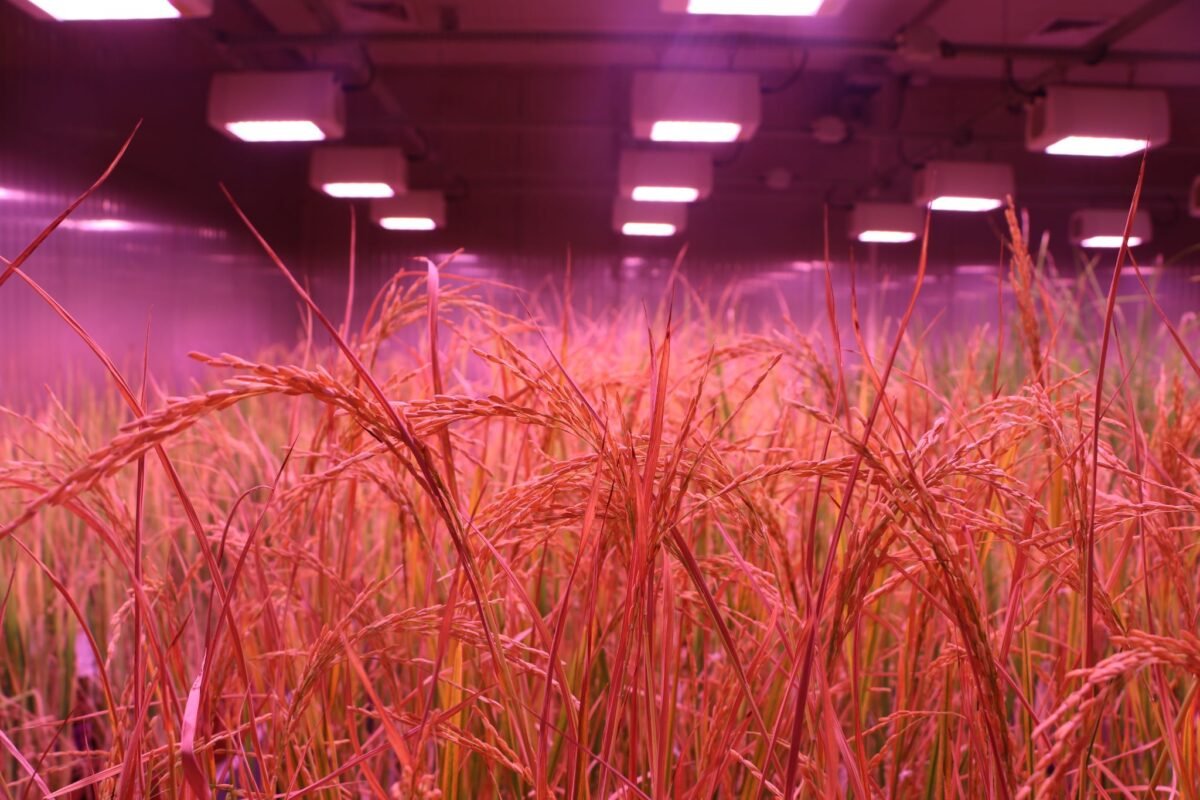Southeast Asia tackles methane emissions with new low-emission rice production project
The project Accelerating Methane Reductions in Rice Production in Southeast Asia (AcceLER) was launched during a three-day consultation workshop held in Makati City, Philippines.
Southeast Asia comprises around a third of the total rice harvest worldwide. It is also home to two of the top rice-exporting countries in the world, Thailand and Viet Nam. However, traditional rice farming methods significantly contribute to methane emissions in agriculture, making it crucial to adopt more sustainable practices in the region.
In response, the International Rice Research Institute (IRRI), through funding from the Global Methane Hub (GMH), has launched a new project aimed at increased adoption of low-emission rice practices, and monitoring of greenhouse gas emission reduction progress toward 2030 goals.
The project Accelerating Methane Reductions in Rice Production in Southeast Asia (AcceLER) was launched during a three-day consultation workshop held in Makati City, Philippines, from March 11 to 13, 2025.
“While the rice industry must continue to meet the needs of the growing populations, it is important to recognize that the actions we take today will shape the future of our farmers, food security, and the health of our planet. This calls for exploring and adopting climate-smart agricultural practices that are not only effective but also accessible, scalable, and beneficial to those who need them most,” said Philippine Department of Agriculture Undersecretary for Rice Industry Development Christopher Morales to open the event.
The project seeks to develop national roadmaps that achieve an aspirational 15 percent reduction in methane emissions in the rice sector by 2030, and to mainstream Monitoring, Reporting, and Verification (MRV) systems, including remote sensing-enabled approaches. The project also intends to enable capacity sharing with national agencies on methane mitigation actions, MRV, and nationally determined contributions (NDC) planning.
“Countries formulate greenhouse gas mitigation targets to 2030, including for the rice sector. However, the data that the countries have to design these targets is very limited. We tried to provide some information, and evidence-based analyses that give the countries a better data foundation to formulate their targets,” said Dr. Bjoern Ole Sander, IRRI Country Representative to Thailand, and the focal person for climate change research.
One of the ways to ensure the attainment of these NDCs is through the adoption of MRV systems. “This project has an important objective of contributing to that process, helping our partners to have robust, reliable, credible MRV to measure these activities and progress in terms of reducing GHG emissions,” said Dr. Alisher Mirzabaev, IRRI Senior Scientist I for Policy Analysis and Climate Change. Drs. Sander and Mirzabaev are among the main proponents of the AcceLER Project.
“Food security is of prime importance, and rice is a global staple. So, in this project, we don’t need to reduce production levels but increase production levels while reducing the methane associated with it,” said Dr. Kofi Konadu Boateng, Program Officer at the Global Methane Hub.
The workshop also provided a platform to assess regulations and practices that influence GHG emissions in rice, develop and improve rice emission MRV systems, and identify rice sector financing and carbon market opportunities that support climate change mitigation.
The project Accelerating Methane Reductions in Rice


